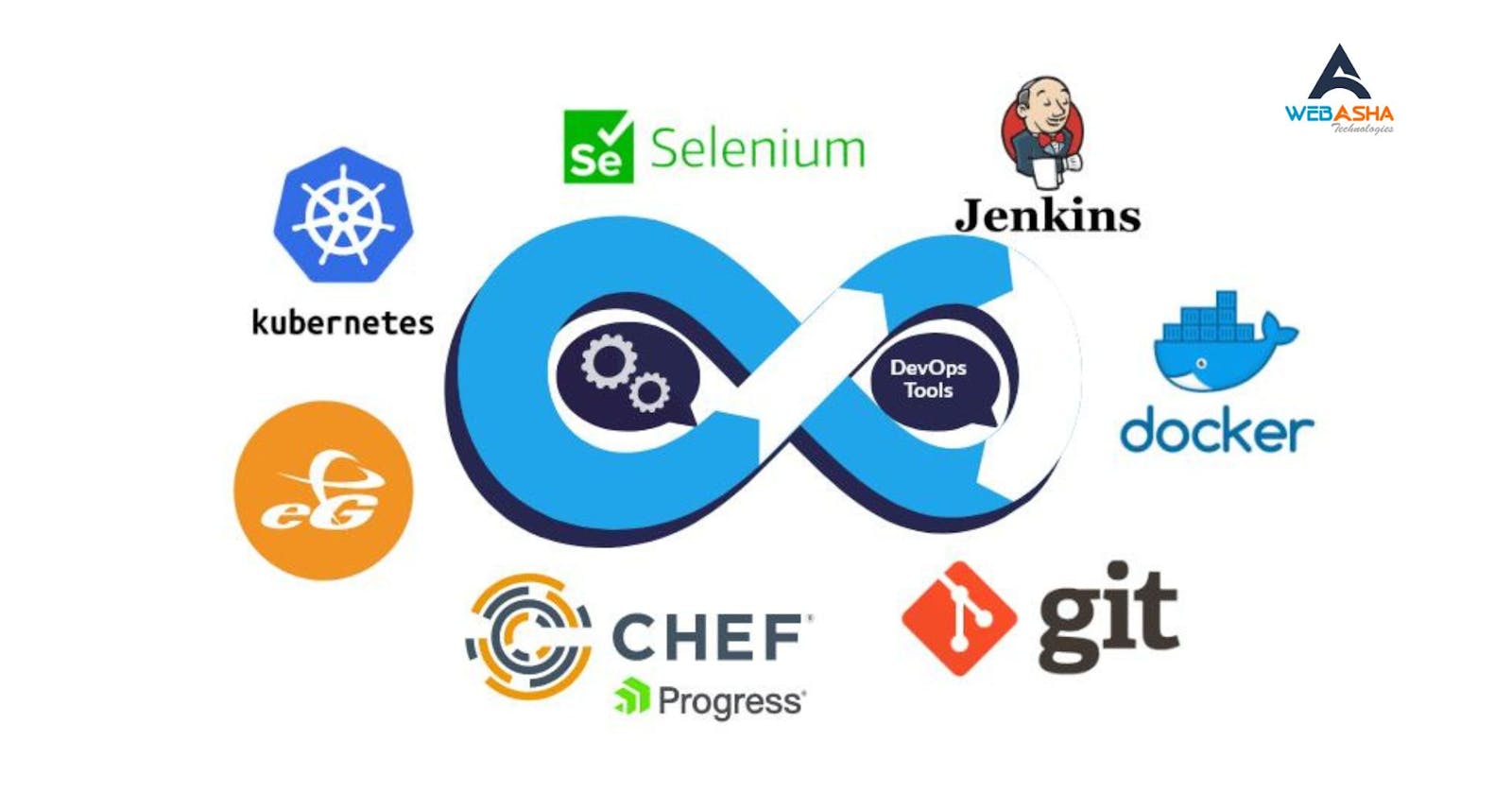DevOps practices, emphasizing collaboration, automation, and efficiency, have given rise to a diverse ecosystem of tools designed to streamline processes, enhance collaboration, and accelerate software delivery. This article embarks on a journey into the world of DevOps, unraveling the essential tools that empower DevOps engineers to orchestrate seamless integration, continuous delivery, and efficient infrastructure management. Let's dive into the potential of these tools and pave the way for a more efficient, collaborative, and automated approach to software development and operations.
1. Version Control:
Git: A distributed interpretation control system that enables collaboration and tracks changes in source code.
2. Continuous Integration and Continuous Deployment (CI/CD):
Jenkins: As software development methodologies evolve, Jenkins continues to evolve alongside, ensuring that it remains a vital tool in the DevOps toolkit.
Travis CI: Travis CI stands as a cloud-based Continuous Integration and Continuous Deployment (CI/CD) service that seamlessly integrates with GitHub repositories.
CircleCI: CircleCI plays a crucial role in automating and accelerating the software development lifecycle.
3. Configuration Management:
Ansible: Ansible is a versatile and affordable tool that aligns with the regulations of Infrastructure as Code and the evolving landscape of DevOps practices.
Puppet: Puppet stands as a powerful configuration management tool designed to automate the provisioning and management of infrastructure.
Chef: Chef is a powerful automation platform that has redefined the landscape of managing infrastructure by treating it as code.
4. Containerization and Orchestration:
Docker: Docker has revolutionized the way applications are designed, shipped, and run by popularizing the concept of containerization.
Kubernetes: Kubernetes has revolutionized the way containerized applications are deployed and managed, providing a scalable, flexible, and extensible platform.
Infrastructure as Code (IaC):Terraform: An open-source IaC tool that allows the definition and provision of infrastructure in a declarative configuration language.
Read Also: What is a DevOps course?
5. Monitoring and Logging:
Prometheus: An open-source monitoring and alerting toolkit.
Grafana: A platform for monitoring and observability with beautiful dashboards.
ELK Stack (Elasticsearch, Logstash, Kibana): A set of tools for searching, analyzing, and visualizing log data in real time.
6. Collaboration and Communication:
Slack: A collaboration platform for teams that facilitates communication and file sharing.
Microsoft Teams: A chat-based workspace integrated with Office 365 for communication and collaboration.
Test Automation:Selenium: An open-source tool for automating web browsers for testing purposes.
JUnit: A widely used testing framework for Java applications.
JMeter: An open-source tool for performance testing.
7. Security:
SonarQube: SonarQube analyzes source code and produces a comprehensive set of code quality metrics.
Veracode: A cloud-based application security testing platform.
8. Deployment Automation:
AWS CodeDeploy: A service for automating software deployments to a variety of computing services.
Octopus Deploy: It empowers development and operations teams to automate the release pipeline, providing smooth and dedicated delivery of software.
These are just a few examples, and the DevOps tool landscape is vast and continually evolving. The choice of tools depends on the specific needs, technologies, and preferences of a given DevOps team or organization. Integrating these tools effectively helps in achieving faster development cycles, higher-quality software, and improved collaboration between development and operations teams.
